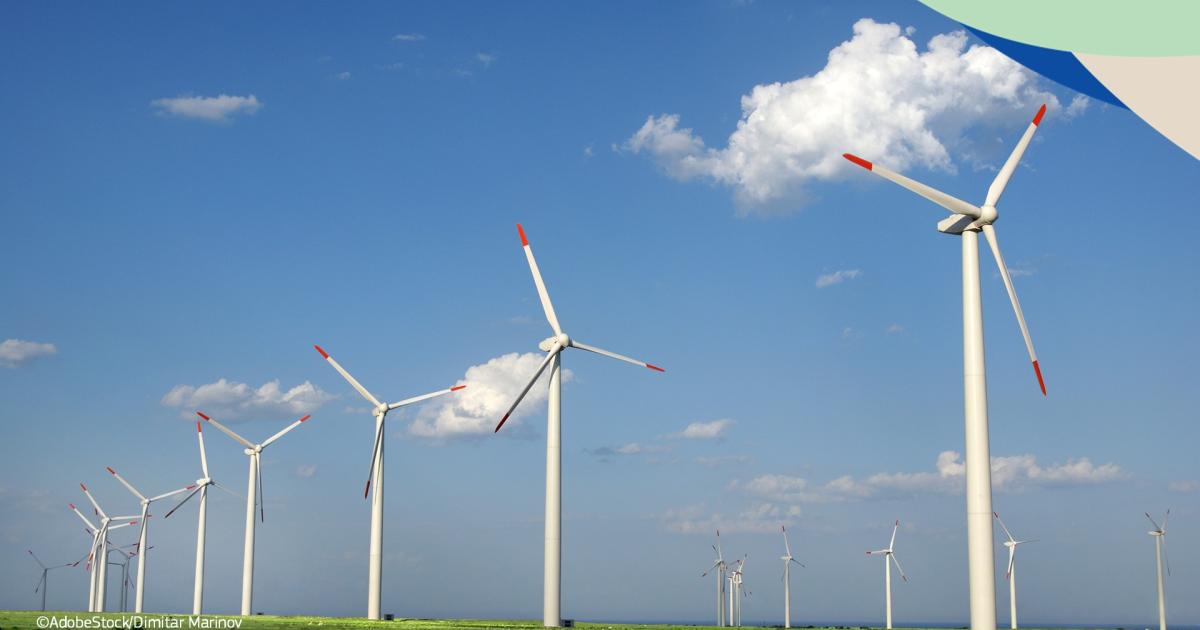The Commission has published its assessment of the final updated National Energy and Climate Plans (NECPs) of Estonia and Slovakia (SWD/2025/282). The assessment finds that, while Estonia and Slovakia have raised their ambition compared to the draft plans, efforts are needed to implement the plans and close any remaining gaps on renewable energy, energy efficiency, as well as towards the national targets to reduce greenhouse gas emissions covered by the Effort Sharing Regulation (EU/2018/842) and to increase carbon removals under the Land Use, Land Use Change and Forestry (LULUCF) Regulation (EU/2018/841). The Commission assessment of the 2 NECPs includes guidance to facilitate implementation.
This publication complements the EU-wide assessment (COM/2025/274) published on 28 May 2025, which described significant progress by EU countries towards closing in on the EU’s 2030 climate and energy targets.
Estonia
The Commission assessment found that further efforts are needed to reach Estonia’s target to reduce greenhouse gas emissions in the Effort Sharing Sectors (transport, buildings, agriculture, waste) by 24% by 2030 compared to 2005. Estonia also projects to have a gap towards reaching its target of increasing removals in the LULUCF sector.
Estonia has an ambitious strategy on renewable energy, aiming for 100% of electricity generation from renewables by 2030 with support measures to increase wind power through auctions and measures for effective production of renewable heat. However, on energy efficiency, Estonia needs to better quantify projected energy savings and strengthen the legislative framework to better integrate electricity, heating, and cooling networks into the energy system.
Estonia is strengthening its energy security by diversifying gas supplies to alternatives like biomethane and biogas and building storage capacity and improving the resilience of its electricity system by improving connections with neighbouring countries. Estonia lists its fossil fuel subsidies, no phase-out is planned. The Commission encourages setting out a roadmap to end these subsidies and gradually phase-out solid fossil fuels in line with just transition commitments. Moving forward, the Commission advises Estonia to further increase support for research and innovation in clean energy technologies to boost competitiveness and meet its future energy needs.
Slovakia
The Commission assessment concludes that Slovakia is on track to meet its Effort Sharing Regulation target of reducing GHG emissions by 22.7% by 2030 compared to 2005, while Slovakia projects to miss it’s targets to increase carbon removals in the LULUCF sector.
Slovakia has slightly increased its renewable energy and energy efficiency targets. The country is ramping up solar and wind energy, making it energy system more secure and sustainable. On energy efficiency, Slovakia plans to retrofit public and private buildings and improve energy performance across sectors.
On energy security, Slovakia emphasises the need for grid interconnections and cross-border energy trade to stabilise energy supply and integrate more renewable energy. The Commission invites Slovakia to do more to reduce its dependency on fossil fuels, particularly coal and natural gas, and further diversify its energy sources.
Next steps
With the updated final NECPs, EU countries have set out their policy and investment initiatives up to 2030. Efforts should now also turn to implementation and delivery: using public funds to de-risk investments, unlock private finance and coordinate measures at regional and European level.
The Commission will continue to work with EU countries as they address remaining gaps, mobilise funding and detail their actions on climate and energy policy. The Commission will assess whether further measures are needed to ensure collective target achievement, notably on renewable energy and energy efficiency.
Background
On 28 May, the Commission published an EU-wide assessment (COM/2025/274) and a Staff Working Document (SWD/2025/140) with the individual assessment of 23 national plans already submitted, taking account of informal indications from those missing. The remaining EU countries which have not yet submitted their final plans – Belgium and Poland – are encouraged do so without further delay. The Commission will then assess the plans.
The submission of the final updated NECPs is a legal obligation for the EU countries under the Governance Regulation. Belgium and Poland are the only 2 EU countries that have still not submitted their final updated plans to the Commission. Infringement procedures are ongoing and reasoned opinions were issued in March 2025. The Commission is analysing the replies received and is intending to use the available legal options to ensure compliance with EU legislation whenever necessary and appropriate. Established in the Regulation on the Governance of the Energy Union and Climate Action, updating the NECPs is a key process for EU countries to set out how they plan to meet the EU’s 2030 climate and energy targets and Energy Union objectives.
Related links
